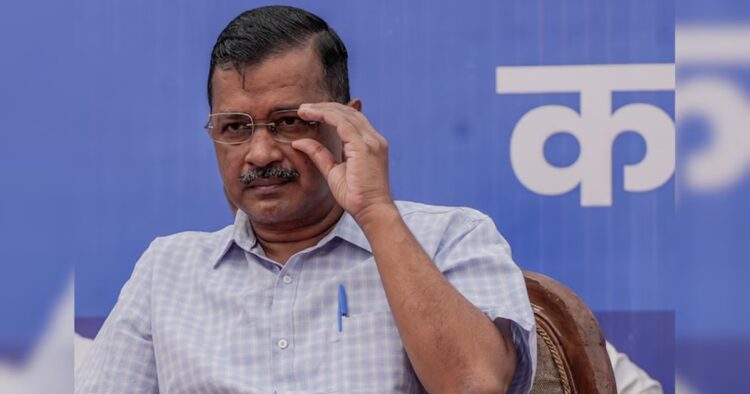The Delhi High Court criticized Chief Minister Arvind Kejriwal for prioritizing personal interests over national interests by not stepping down from his position following his recent arrest. The court accused the AAP-led Delhi government of being solely focused on retaining power, rather than addressing pressing issues facing the city.
Kejriwal’s arrest by the Enforcement Directorate last month in connection with the Delhi liquor policy case sparked controversy. Despite facing legal challenges, Kejriwal chose to remain in office, drawing criticism from the court.
The court also chastised the Delhi government for its apparent disregard for the well-being of students enrolled in government schools. It highlighted the absence of essential educational materials such as textbooks and uniforms, pointing out that the government seemed indifferent to the students’ plight.
During the proceedings, the court expressed frustration over the lack of action from the government, particularly regarding the delegation of financial powers in the absence of the Standing Committee.
The MCD Commissioner cited the non-formation of Standing Committees as a significant obstacle to the distribution of school supplies.
In response to the government’s argument that the appointment of aldermen by the Lieutenant Governor was illegal, the court emphasized the urgency of addressing the issue promptly. It criticized the government’s reliance on legal technicalities instead of taking concrete steps to resolve the crisis.
Moreover, the court questioned the government’s decision to continue functioning despite the Chief Minister being in custody. It condemned Urban Development Minister Saurabh Bhardwaj for neglecting the students’ needs and accused him of insincerity in addressing their concerns.
In light of the government’s failure to address the situation adequately, the court reluctantly intervened, acknowledging that distributing books should not be its responsibility. Therefore, it emphasized the need to act because of the government’s apparent negligence.
All over, the Delhi High Court’s scathing remarks highlight the growing frustration with the AAP-led government’s handling of critical issues and its prioritization of political power over public welfare.

















Comments